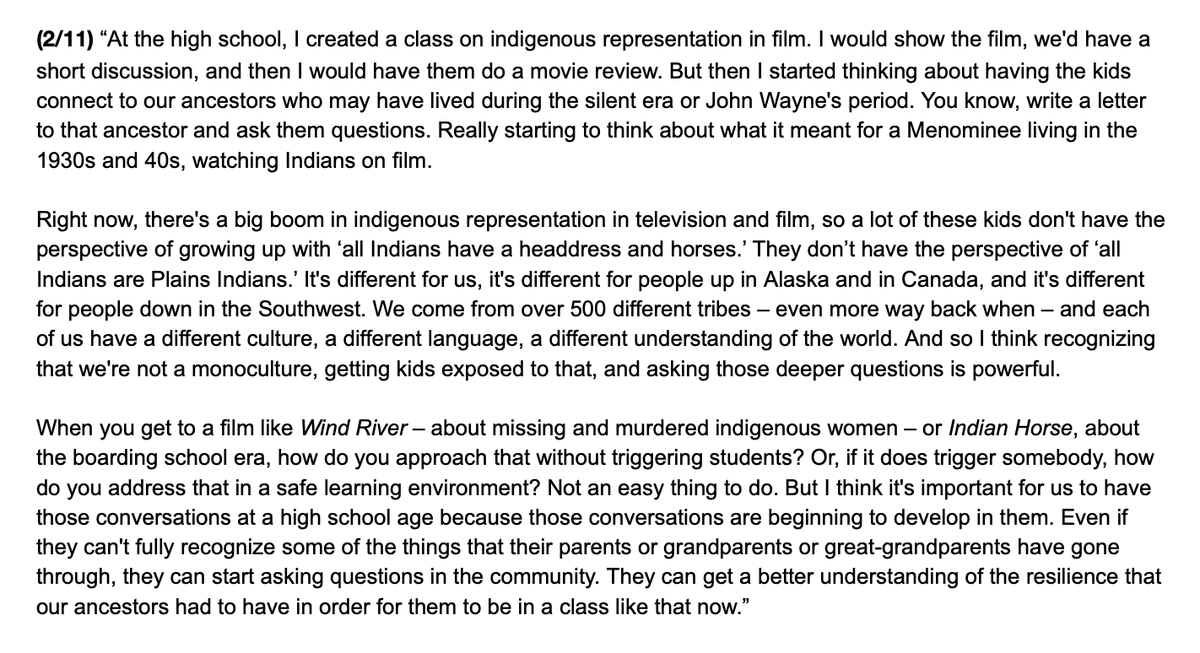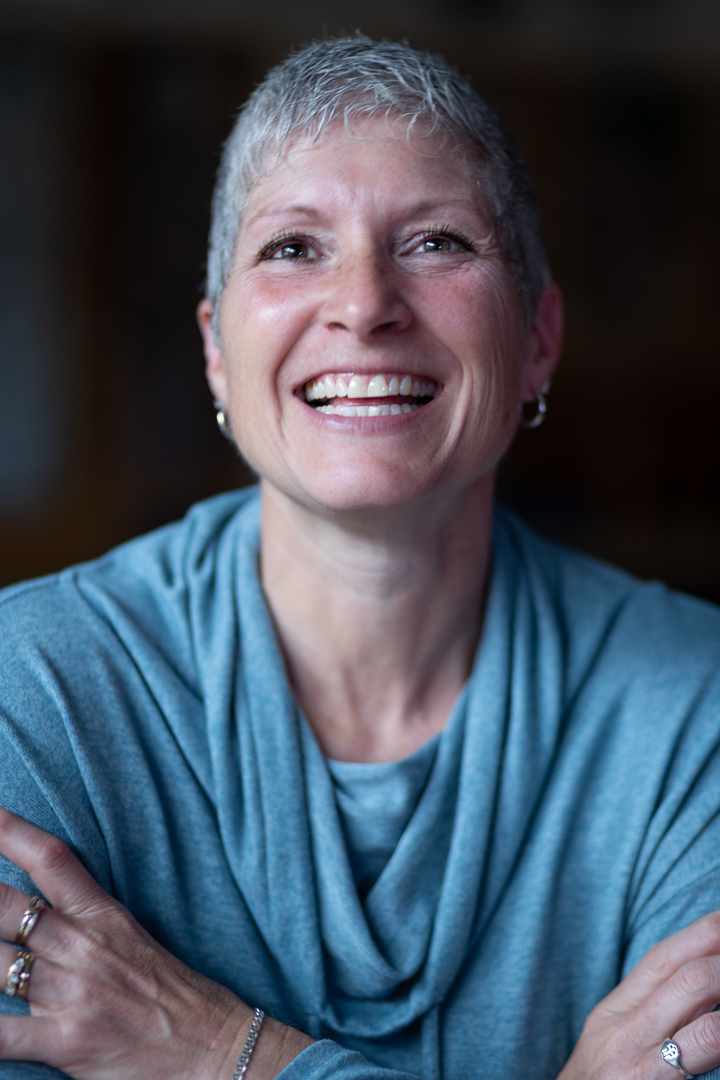(1/13) “I was the kid who was under the table with a fireman's helmet on, covering his ears because he didn't understand what people were saying. I would get frustrated all the time because I didn't understand multiple syllable words...” 





(2/13) “I was debating between aerospace engineering and education. My parents actually kind of pushed me away from teaching music, because they were both music teachers and that's something they had lived experience with.” 



(3/13) “There’s a moment every day that reinforces my commitment to #teaching. Sometimes it has nothing to do with music. Sometimes it's a heart-to-heart conversation in the office about how a kid’s feeling, English class, and how they’re doing – helping them in their lives...” 

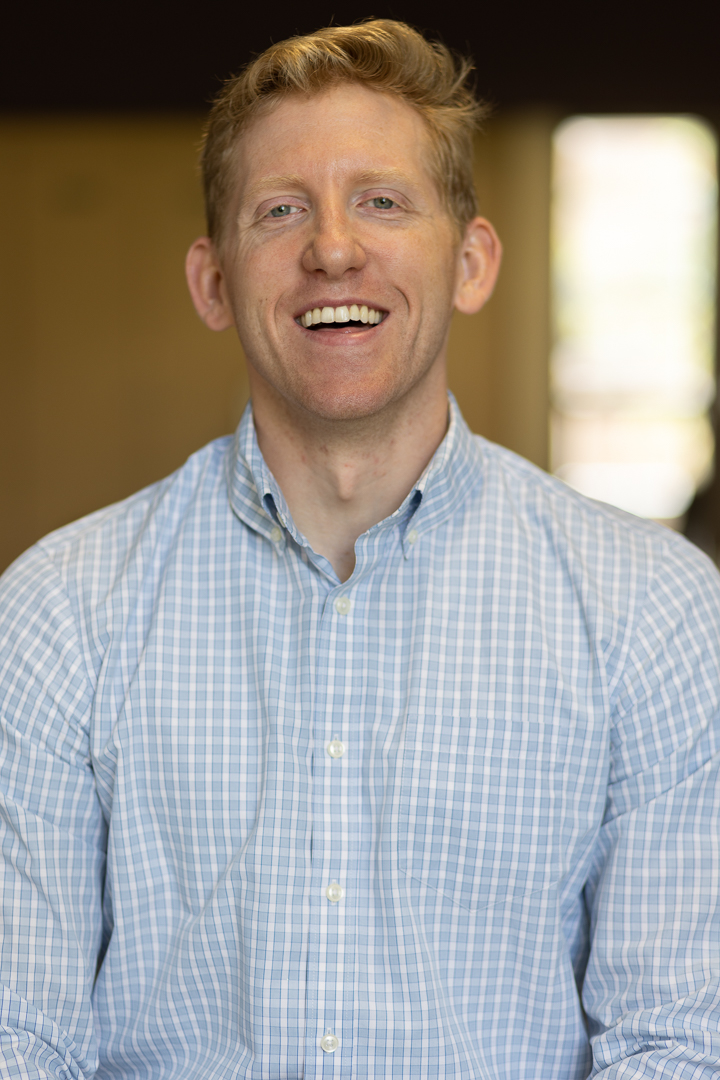

(4/13) “Music is like what we have in English class. It’s a way for students to communicate what they're thinking and feeling. In English, they’re analyzing books and giving a speech or writing a paper with their analysis. But that's simply one medium of communication.” 



(5/13) “One of the things we talk about with our students is that in music, everybody participates. It's not like football where there are kids playing on the field and there are kids on the bench.” 

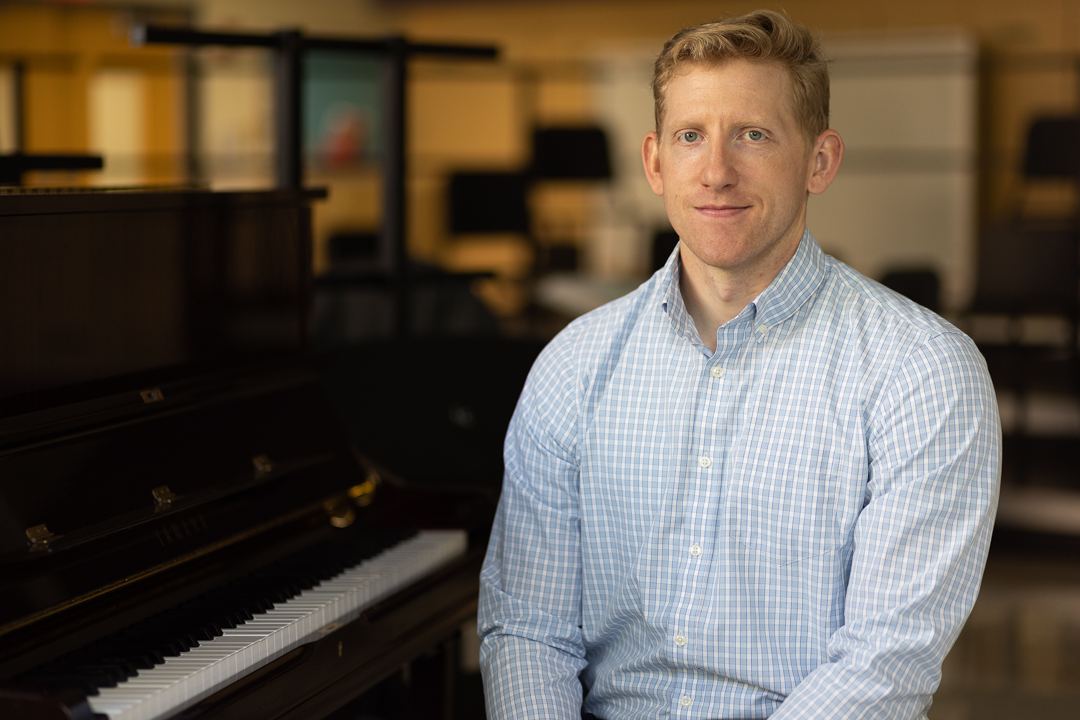

(6/13) “Teachers do what we do because we're in the business of people. The ‘product’ that we work on is helping young people become adults and helping them become successful and do the best that they possibly can in the lives that they want to lead. That's so much of our ‘why’.” 



(7/13) “When I think about what people might not know about being a teacher, one of the first things that comes to mind is violence. The threat of violence in schools. A close colleague and I have had several conversations about interactions with students where we question...” 



(8/13) “Students are so impressionable. We are responsible for preparing students for the world outside of our schools, but in a sensitive way. We have to address current events and values that are perhaps politically hot topics...” 



(9/13) “I'm a product of an inequitable system. Schools in Illinois are funded primarily by local taxes and property taxes. This is inherently inequitable because property taxes vary enormously across the state. I'm teaching and living in the suburbs with high property taxes...” 



(10/13) “I had a conversation with my kids this morning, and I asked, ‘Do you feel like the school system is broken?’
They talked about how in school, it’s like a factory. They talked about how we're preparing them to go to college, but that's not everyone's path...”

They talked about how in school, it’s like a factory. They talked about how we're preparing them to go to college, but that's not everyone's path...”

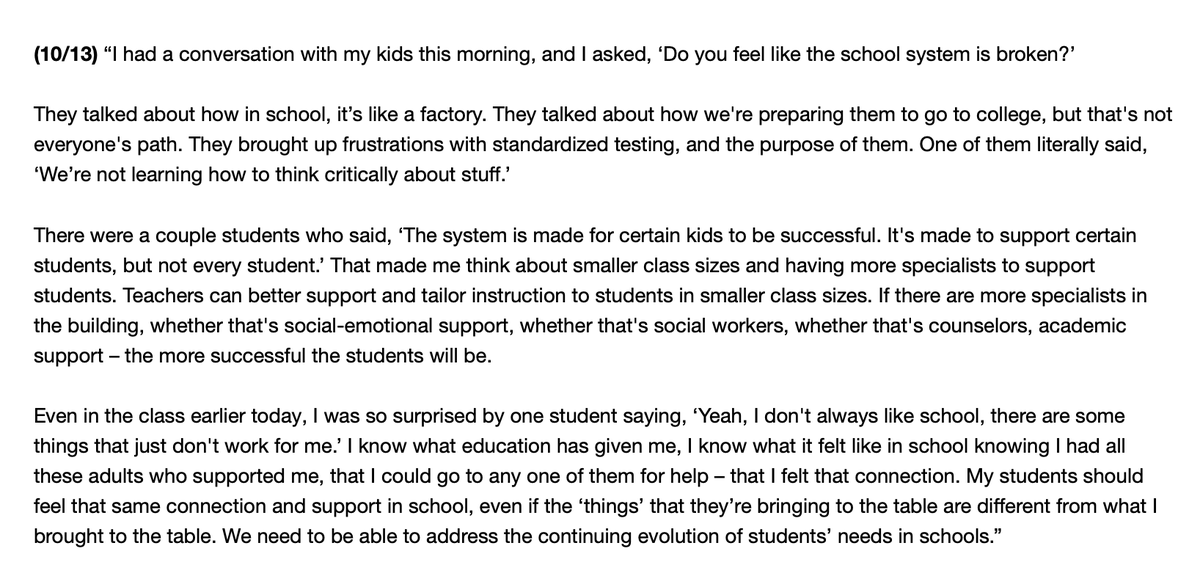
(11/13) “So there's a student who graduated a couple of years ago, let’s call him Mark. He was an absolutely killer drum set player and played in our jazz ensemble. Awesome, awesome kid. But, school wasn't really made for him and designed for what he was interested in...” 



(12/13) “I have another story for you. I had a student who played tenor sax, let’s call her Ruby. I think I got the job at Lakes during her junior year, but didn’t really connect with her until her senior year...” #basketcase 



(13/13) “I’m in a policy fellowship with @teachplus, which has given me the opportunity to collaborate with an incredible group of teachers in championing and developing policies that will support students and teachers in Illinois...”
#teachersintheirpower
teachersintheirpower.com

#teachersintheirpower
teachersintheirpower.com
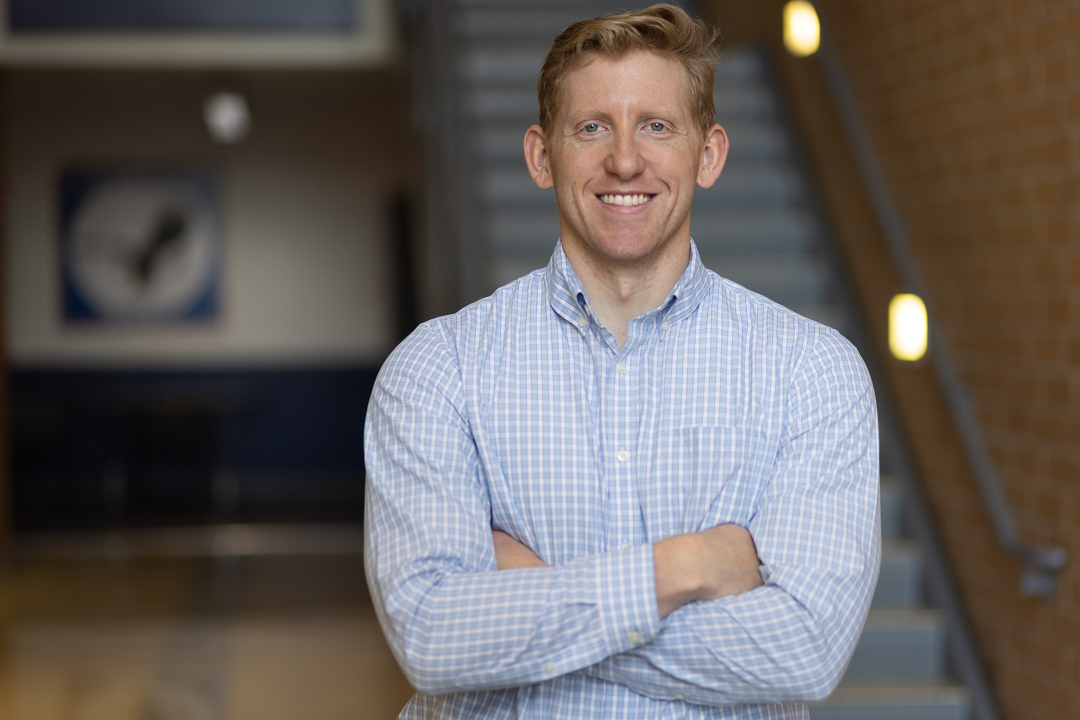

• • •
Missing some Tweet in this thread? You can try to
force a refresh





